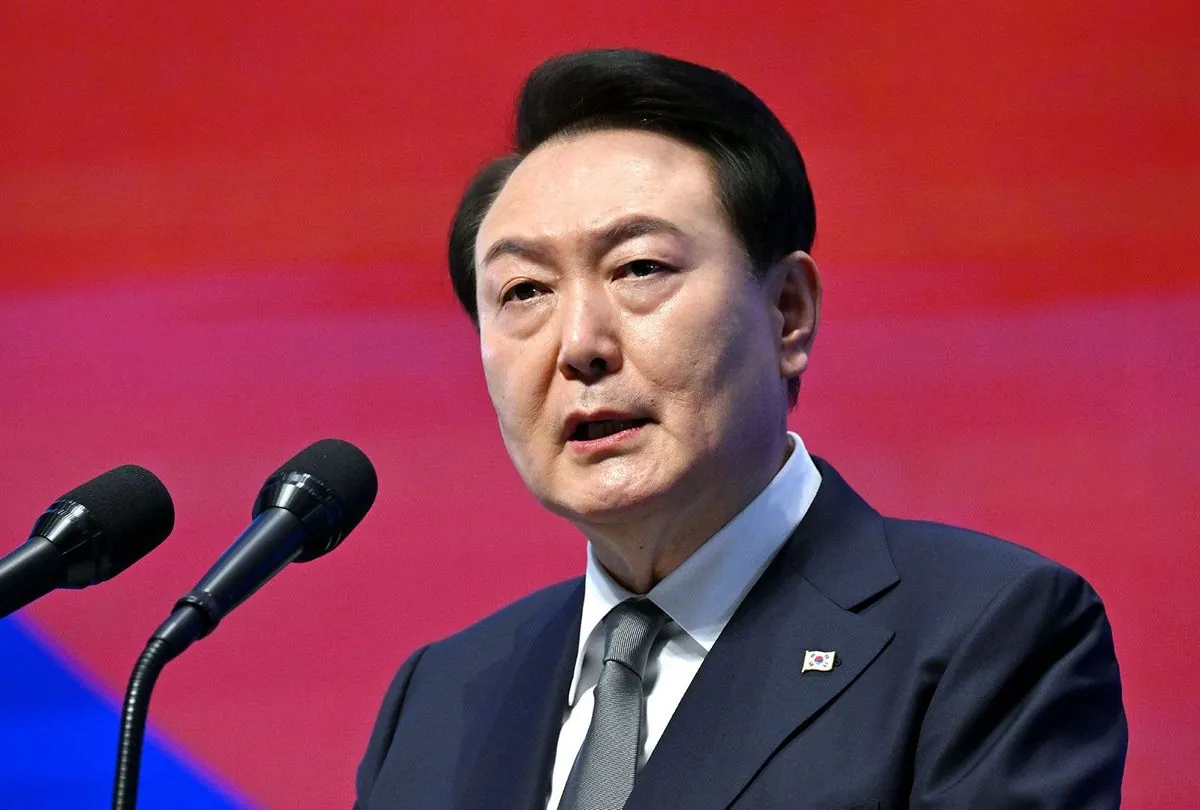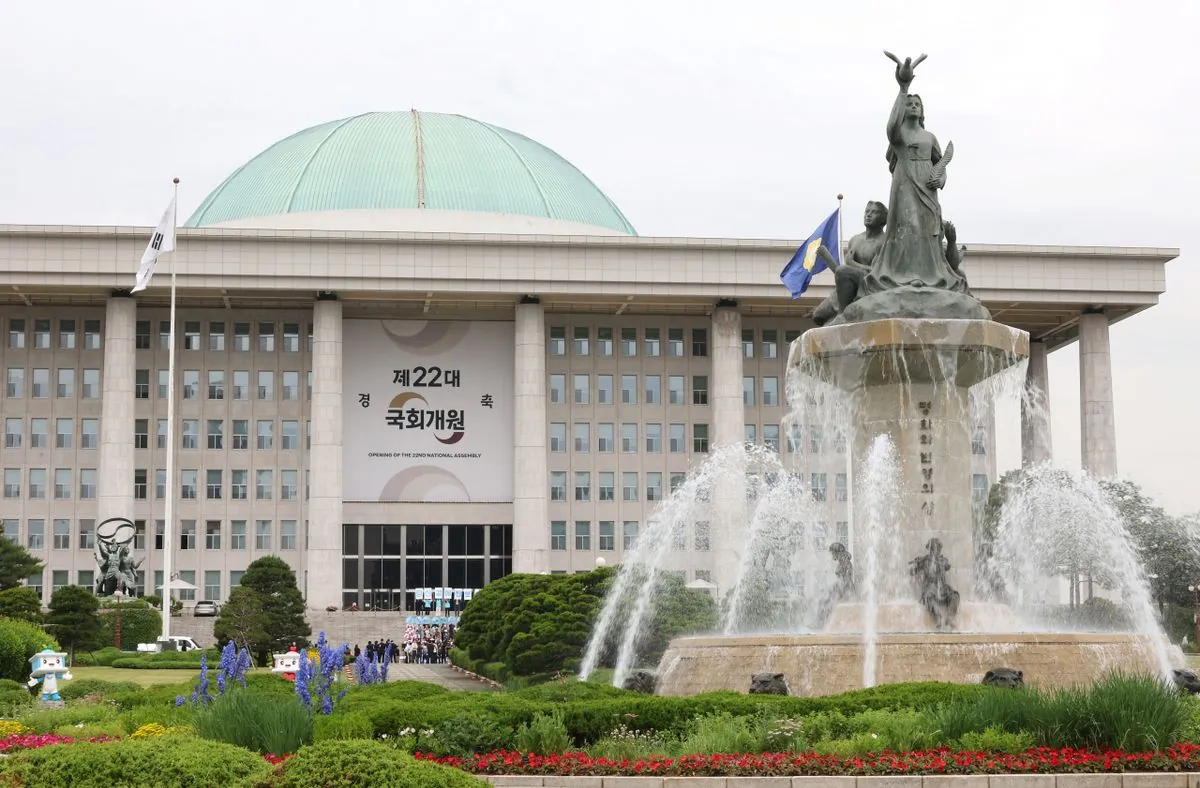South Korean President Skips Parliament Opening Amid Political Tensions
President Yoon Suk Yeol boycotts formal opening of South Korea's parliament, breaking tradition. Move deepens political divide as opposition pushes for investigations into alleged wrongdoings.

In an unprecedented move, President Yoon Suk Yeol of South Korea opted not to attend the formal opening of the National Assembly on September 2, 2024. This decision marks the first time a South Korean president has skipped this event since the country's transition to democracy in 1987, highlighting the growing political tensions in the nation.
The boycott stems from ongoing disputes between Yoon, a conservative who secured a narrow victory in 2022, and the opposition-controlled parliament. The liberal majority has been a significant obstacle to Yoon's agenda, while also calling for investigations into alleged misconduct involving top officials and the First Lady.
"Lawmakers must first normalize the National Assembly, which overissues demands for special prosecutor investigations and impeachments, before inviting Yoon."
This statement reflects the administration's stance on the opposition's demands, which they view as politically motivated. The opposition, led by the Democratic Party of Korea, has been pushing for special investigations into two main issues:
- Allegations of a cover-up surrounding a marine's death during flood relief efforts in 2023
- Claims of stock price manipulation involving First Lady Kim Keon Hee

The political impasse is occurring against a backdrop of declining approval ratings for President Yoon. His administration faces significant challenges, including:
- A worsening job market
- Soaring household debt
- A prolonged doctors' strike affecting medical services
These issues are compounded by the fact that South Korea has one of the world's fastest internet speeds, potentially amplifying public dissatisfaction through rapid information sharing.
The current political climate reflects the complexities of South Korea's semi-presidential system, established after the country's transition from military rule. The National Assembly, a unicameral legislature with 300 members, plays a crucial role in checking executive power. It even possesses the authority to initiate impeachment proceedings against the president.
Despite the ongoing political turmoil, it's important to note that South Korea's constitution limits presidents to a single five-year term, preventing Yoon from seeking re-election. This provision, along with compulsory military service for male citizens, are key features of the country's political landscape.
As tensions continue to simmer, the impact on South Korea's economy, currently the 10th largest globally by nominal GDP, remains a concern. The country's remarkable economic transformation, often referred to as the "Miracle on the Han River," may face new challenges if political gridlock persists.
In the meantime, both the ruling party and the opposition will need to find common ground to address pressing issues, including the country's alarmingly low birth rate, which could have long-term implications for the nation's future.


































